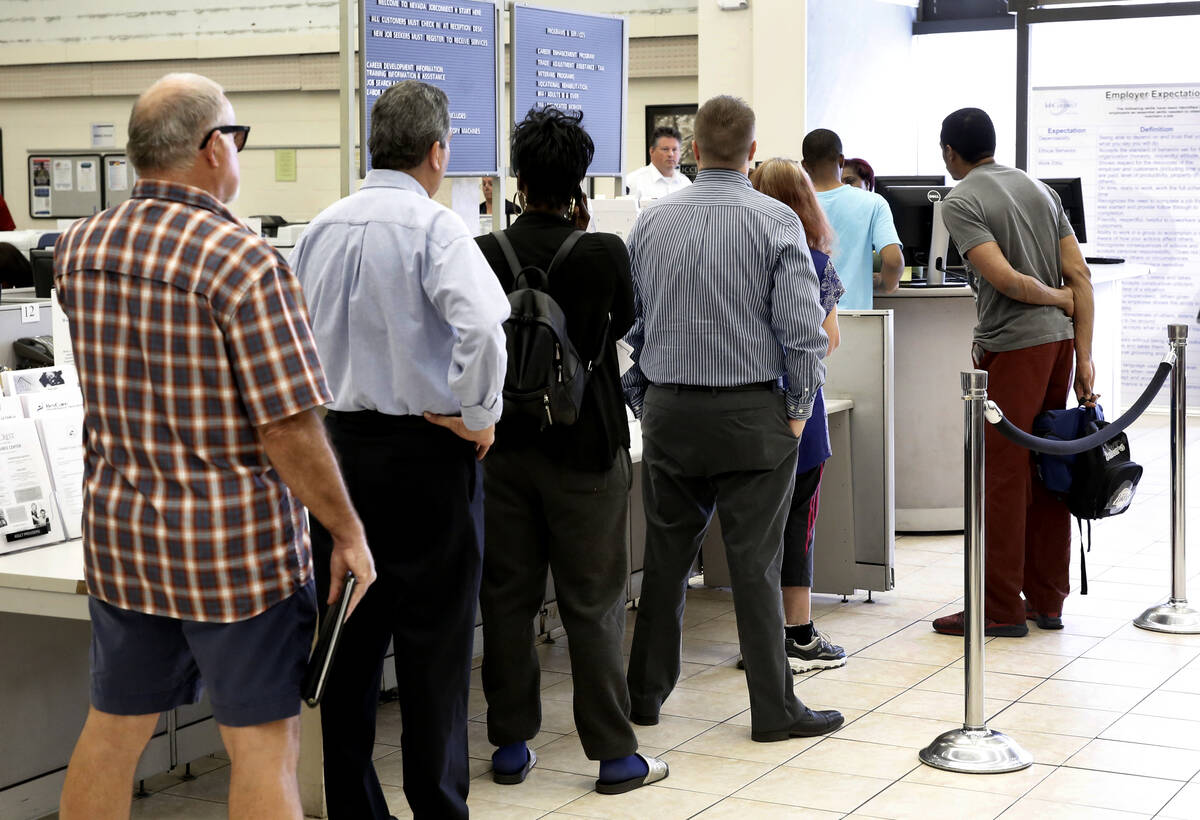EDITORIAL: Jobless bonus expires; job growth exceeds expectations
The disappointing September jobs report was seen by some as proof that generous unemployment benefits and COVID checks were not driving the nation’s dismal employment picture. After all, the federal jobless bonus ran out early that month, and workers still weren’t flocking to the market.
But as the Wall Street Journal noted, the Labor Department’s September survey “occurred a week after the enhanced benefits expired, so it didn’t capture the expiration’s impact on employment.” Lo and behold, job growth in October — the first month that would reflect the end of the largess — exceeded expectations by almost 20 percent.
According to the Labor Department, employers added 531,000 new jobs last month across most economic sectors, with leisure and hospitality accounting for one-third of the growth. Unemployment dropped to 4.6 percent, although the workforce participation rate remains low at 61.6 percent, meaning many people have dropped out of the labor market.
Progressives have spent many months downplaying the relationship between expanded unemployment checks and employers struggling to find workers. The New York Times begrudgingly reported that the more generous benefits had only a “small though measurable effect on employment.” But the extra jobless money must be considered in the context of other government payouts during the pandemic, including stimulus checks and child tax credit advances.
As Ronald Reagan famously quipped, “If you want more of something, subsidize it; if you want less of something, tax it.” And it’s worth noting that “job growth picked up in industries in which employers said jobless benefits were making it harder to hire,” the Journal reported.
The encouraging employment numbers were a tonic for the beleaguered Biden administration, which hasn’t had much good economic news lately. Unfortunately, the gargantuan social spending bill that Democrats hope to pass in the Senate through the reconciliation process threatens to repeat past mistakes. It greatly expands the entitlement state — “from cradle to grave,” the Times gushed last month — in an effort to reward government dependency, which will undermine labor markets and long-term prosperity.
Taxing the rich won’t be enough to pay for the biggest expansion of government in U.S. history. The Biden agenda will eventually require separating middle-class Americans from more of their hard-earned money in the form of a European style value-added tax or some other creative cash grab.
The October jobs report might be more meaningful if the current White House weren’t working so diligently to pass destructive legislation that will push the nation closer to bankruptcy while hamstringing job creators and economic growth.






















